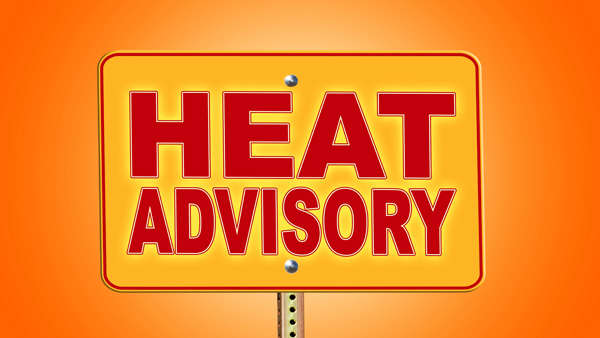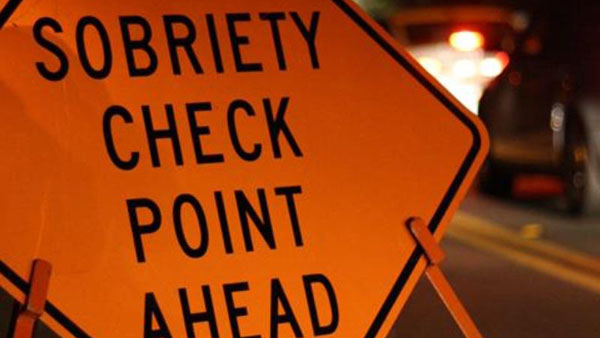Make sure to check on pets and love ones

FRANKFORT, Ky. – The first heat wave of the season that the National Weather Service (NWS) warned us about last week would affect Kentucky has indeed arrived, and is now expected to continue through the end of the week.
Forecasters say we are just beginning what will be a prolonged period of hot temperatures. This heat won't be overly intense, but it will be persistent, with highs each day solidly in the 90s, with some areas possibly reaching the mid to upper 90s. There will also be several opportunities for heat index values to reach or exceed 100, especially on Friday and Saturday.
As a result, the NWS says heat illnesses will be possible, such as heat exhaustion and heat stroke. Those most likely to be impacted are people working outdoors, those without access to air conditioning, and other vulnerable populations.
The NWS offices located in Wilmington, Ohio, and Charleston, West Virginia, have issued heat advisories for the Northern and Northeastern parts of Kentucky, which are in effect now through Friday evening, and other offices may expand the heat advisories into other parts of the state.
Rain chances throughout Kentucky will be low during the period, so forecasters say flash drought conditions could develop.
Several groups of people are affected more by the heat:
--Young children and infants are especially vulnerable to heat-related illness and death, as their bodies are less able to adapt to heat than adults.
--Older adults, particularly those with preexisting conditions, take certain medications, are living alone or with limited mobility, can also experience adverse effects.
--People with chronic medical conditions are more likely to have a serious health problem during a heat wave than healthy people.
--Pregnant women are also at higher risk, as extreme heat events have been associated with adverse birth outcomes such as low birth weight, preterm birth and infant mortality, as well as congenital cataracts.
Their best advice is to stay indoors in air conditioning. But for those who must work outdoors:
--Drink a cup of cool water every 20 minutes.
--Take regular breaks in the shade or a cool location.
--Look for any signs of heat stress, such as muscle spasms, nausea, dizziness and fainting.
--When in doubt, call 9-1-1.
In addition, never leave people or pets in a vehicle. Hot car deaths can occur year-round.

 Kentucky's Governor Declares State of Emergency Ahead of 4-Day Severe Weather Event With Possible Tornadoes
Kentucky's Governor Declares State of Emergency Ahead of 4-Day Severe Weather Event With Possible Tornadoes
 Indiana Attorney General combats contraband cell phones in prisons
Indiana Attorney General combats contraband cell phones in prisons
 Kentucky State Police Traffic Safety Checkpoint
Kentucky State Police Traffic Safety Checkpoint






